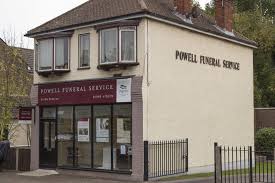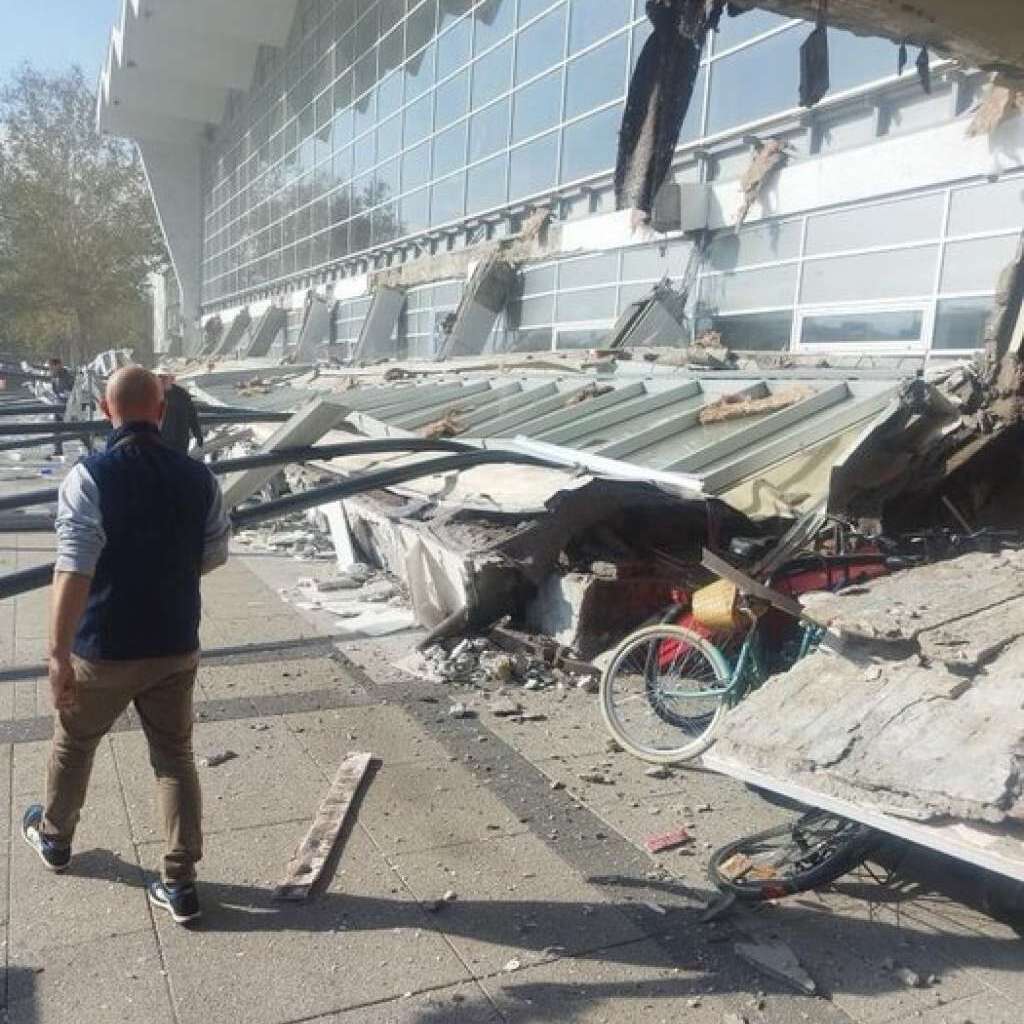
Introduction
The role of a funeral director is vital in society, especially during times of loss and grief. As the first point of contact for bereaved families, funeral directors provide essential support, guidance, and organisation for the final rites of loved ones. Their responsibilities go beyond managing logistics; they also serve as compassionate listeners during a challenging time. With recent changes in societal attitudes towards death and funerals, understanding this profession has become increasingly significant.
The Changing Landscape of Funeral Directorship
Traditionally viewed as a somber profession, funeral directors are now recognised for their evolving roles in a modern context. According to the National Society of Allied and Independent Funeral Directors (SAIF), the UK has over 4,000 funeral homes, showing a steady increase in demand for their services. This growth can be attributed to several factors including a rise in population, diversification of cultural practices around death, and an increasing number of families opting for personalised funerals that reflect the deceased’s life and beliefs.
Moreover, the COVID-19 pandemic has dramatically altered the way funeral services are conducted. With restrictions on gatherings and an increased focus on health, funeral directors have adapted by offering virtual ceremonies to accommodate grieving families. This shift has also prompted discussions about pre-planning funeral services, as families look to ease the burden of arrangements during an emotionally charged time.
Key Responsibilities of Funeral Directors
Funeral directors play multiple roles when managing a funeral. These responsibilities include:
- Arranging transportation: Coordinating the movement of the deceased and family members.
- Embalming and preparation: Ensuring the deceased is treated respectfully and prepared for viewing.
- Administrative duties: Handling legalities involving death certificates and burial permits.
- Emotional support: Providing counselling and support for families during their grief.
- Event planning: Organising the location, service details, and any memorials.
In the UK, training and qualifications for funeral directors can vary, with many having professional accreditations from recognised bodies, ensuring they adhere to industry standards of practice and ethics.
Conclusion
The role of funeral directors has never been more critical in providing comfort and organisation during one of life’s most challenging moments. As societal norms continue to evolve, funeral directors are essential in helping families navigate their grief while celebrating the lives of those who have passed. With projections indicating further growth in the industry, future funeral directors may need to embrace even more innovative approaches to meet the changing needs of society. Understanding their vital contribution can help families choose a director that suits their personal and cultural needs, making the farewell process a respectful and meaningful experience.
You may also like

Understanding the Impact of the Novi Sad Tragedy

Understanding the Current Situation of Migrants in the UK

Diana Layfield: A Catalyst for Change in Healthcare
SEARCH
LAST NEWS
- Remembering Wendy Richard: The Promise to Co-Star Natalie Cassidy
- How Did Anglian Water Achieve an ‘Essentials’ Rating for Mental Health Accessibility?
- Shai Hope Leads West Indies in T20 World Cup Clash Against South Africa
- What We Know About Weston McKennie: Future at Juventus and Past at Leeds
- What We Know About the Upcoming Live Nation Antitrust Trial